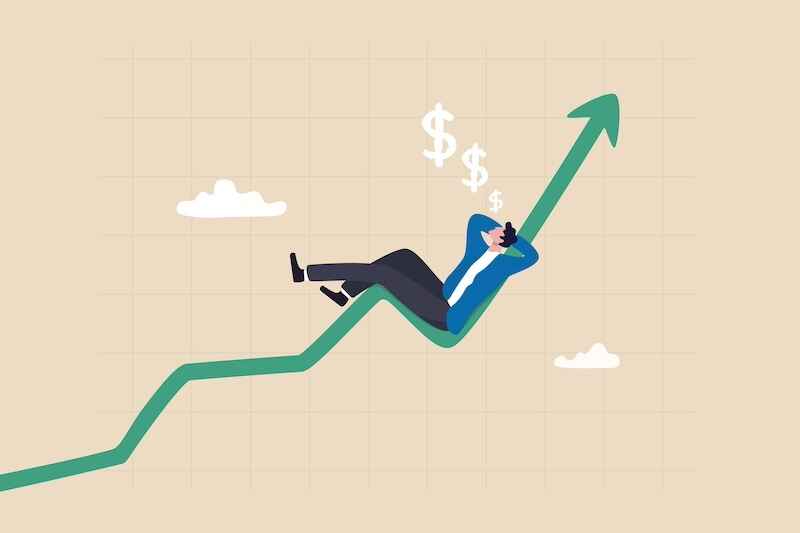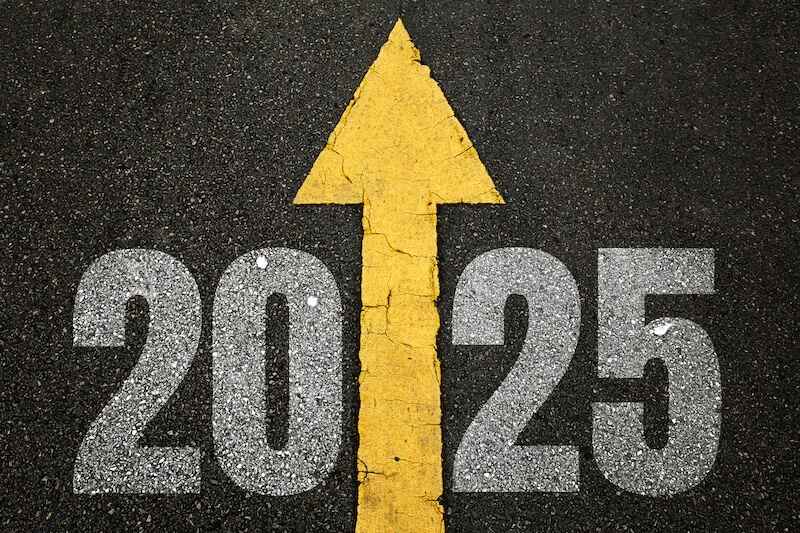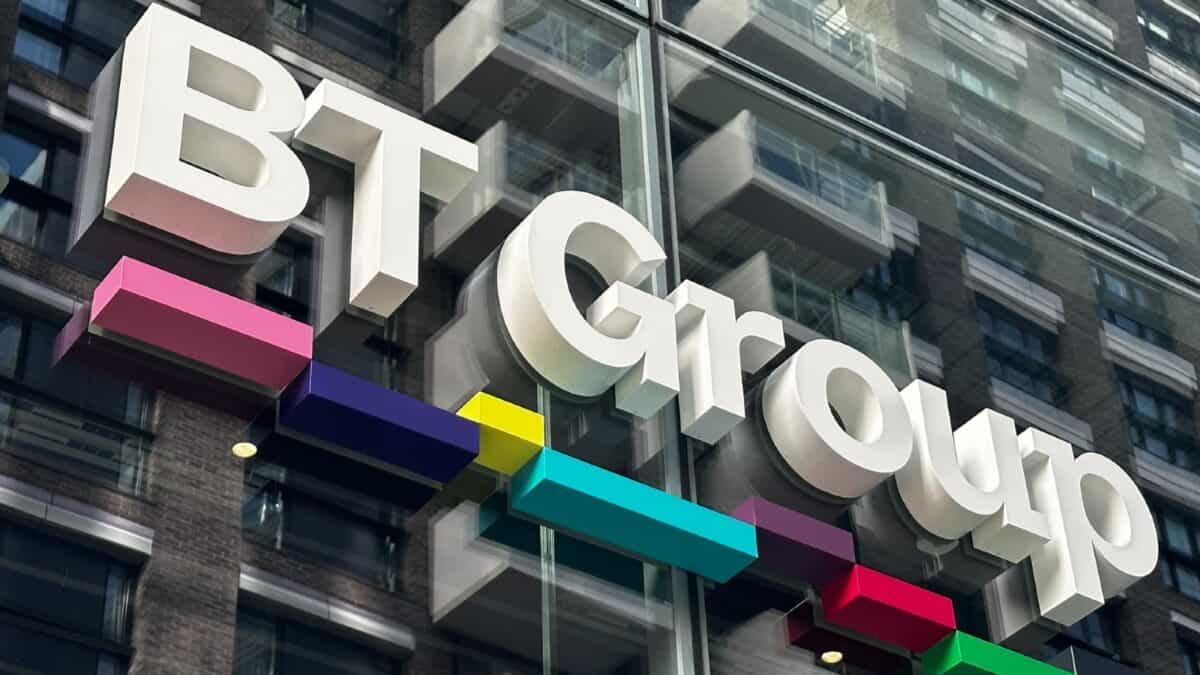A recent Wall Street Journal poll found that nearly three-quarters of Americans no longer believe in the American Dream, defined as “if you work hard, you’ll get ahead.”
A good reason so many feel that way is that inflation has spiked, and wages have stagnated over the last few years.
The stock market and home prices have also risen considerably during this period. But a third of Americans don’t own their homes.
For renters, higher real estate prices only put home ownership further out of reach.
(That’s especially true since mortgage rates have risen thanks to the Fed’s rate hikes to cool off consumer prices.)
More than 40% of Americans don’t own stocks, either directly or through a mutual fund or 401(k) plan.
For them, it means nothing if the market is near record highs.
And that 5%+ yield you’ve been earning on your Treasury bills and money markets?
That is unavailable to folks who don’t have savings.
To feel that they are taking part in the Dream, what most Americans want is more income.
New data released by the Census Bureau last week showed that inflation-adjusted median household income was $80,610 in 2023, up 4% from 2022.
But that only returns consumer purchasing power to where it was in 2019, the peak that was hit before the pandemic.
That was the pinnacle for household income going all the way back to 1967.
Yet the Census Bureau notes that the increase from 2019 through 2023 was statistically insignificant.
In other words, Americans have had to deal with stagnant incomes over the last four years, higher interest rates, and sticker shock on essentials like food, gas, and utilities.
No wonder so many feel sour about the economy. Especially those on the low end of the ladder who can least afford the price increases.
Look behind the already-mediocre headlines, and real median earnings for full-time workers last year declined 1.6% and even more full high school grads (3.3%).
However, the last four years are not the norm.
Americans’ inflation-adjusted incomes have tripled in the last 50 years. And that income buys a wider selection of high-quality goods and services than ever before.
So what accounts for the recent stagnation?
It’s a combination of the global pandemic – which snarled global supply lines, shut down large swaths of the economy, and reduced incomes – and boneheaded government policies – including increased regulations, tariffs, and government spending – that left many Americans worse off (or at least no better off) than they were before.
In the weeks ahead, I’ll discuss simple steps that enables Americans to boost their earned income.
However, it’s important to realize that income is not wealth. In fact, experience shows that most Americans simply increase their spending as their income rises.
Even if you have a high income, you’re not getting richer if you spend it all.
I know this from personal experience.
As a young stockbroker in my 20s, I had all the trappings of wealth: a brand-new lakefront home, a ski boat, a sports car, and plenty of toys.
When I had parties – which were frequent – a lot of my friends assumed I was rich.
I was nothing of the sort. With a net worth dangerously close to zero, I was just living high.
If you want real financial security – the kind that cannot be taken away by a soft economy, a job loss, or a down market – you need assets.
Assets that will generate a high return and – in a worst-case scenario – can be converted to cash to meet a major, unexpected expense.
The government will not provide you with these. Your employer won’t either.
It is up to men and women everywhere to take responsibility for their financial future by following a battle-tested plan that allows them to save, invest, and compound their money until it reaches an amount that provides real financial security.
How much that is depends on your chosen lifestyle.
The principles of wealth creation are well established. The problem is that most Americans don’t know them… or don’t follow them.
Their parents never showed them. Their teachers never taught them. And most of their friends and colleagues don’t know them themselves.
With constant money worries, it’s tough to live any version of the Dream.
But in the weeks ahead, I’ll discuss the best ways to increase your earned income – and put your money to work in ways that give you the highest probability of meeting your most important investment goals.
Stay tuned…
Credit: Source link













